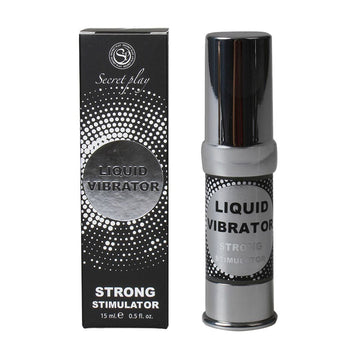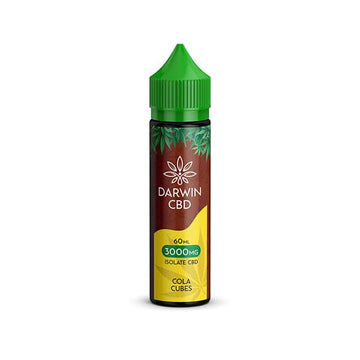In a fast-paced world where productivity and alertness are highly prized, stimulants have become a common means to enhance mental and physical performance. Among the many options available, two substances stand out: nicotine and caffeine. Nicotine, often associated with tobacco products, and caffeine, found in coffee, tea, and various energy drinks, are widely consumed stimulants. Despite their popularity, they come with distinct effects, mechanisms of action, and potential health implications. In this blog, we'll delve into the realm of nicotine and caffeine, comparing their effects, benefits, drawbacks, and the science behind each.
The Science of Nicotine
Nicotine is a naturally occurring compound found primarily in tobacco plants. It is absorbed rapidly into the bloodstream, where it reaches the brain within seconds of inhalation. Once there, nicotine interacts with the nervous system by binding to nicotinic acetylcholine receptors, which leads to the release of dopamine, a neurotransmitter associated with pleasure and reward. This dopamine release contributes to the addictive potential of nicotine.
Effects and Benefits of Nicotine
Nicotine consumption is often linked to increased alertness, improved concentration, and stress reduction. Some individuals use nicotine-containing products as a cognitive enhancer, believing it can boost memory and attention. However, it's important to note that the potential benefits of nicotine need to be weighed against its addictive properties and potential health risks.
Drawbacks and Health Risks of Nicotine
One of the most significant drawbacks of nicotine is its addictive nature. Nicotine addiction can lead to long-term dependence, withdrawal symptoms, and health issues. Smoking tobacco products, the most common source of nicotine, is associated with a range of serious health conditions, including cardiovascular diseases, respiratory problems, and various types of cancer. While nicotine replacement therapies like patches and gums offer a safer way to manage nicotine withdrawal, they are not entirely devoid of risks.
The Science of Caffeine
Caffeine is a natural stimulant found in coffee beans, tea leaves, cacao beans, and other plants. When consumed, caffeine blocks adenosine receptors in the brain, which helps prevent the onset of drowsiness and promotes wakefulness. Additionally, caffeine stimulates the release of neurotransmitters like dopamine and norepinephrine, contributing to the feelings of alertness and improved mood associated with caffeine consumption.
Effects and Benefits of Caffeine
Caffeine is celebrated for its ability to enhance mental alertness and combat fatigue. It's a go-to choice for many individuals seeking a quick energy boost, improved cognitive function, and increased physical performance. Moreover, moderate caffeine consumption has been linked to a reduced risk of certain health conditions, such as Parkinson's disease and type 2 diabetes.
Drawbacks and Health Risks of Caffeine
While caffeine offers a range of benefits, excessive consumption can lead to negative side effects. Overindulgence in caffeine can result in restlessness, anxiety, insomnia, and digestive issues. Furthermore, caffeine addiction is a possibility, with withdrawal symptoms including headaches, fatigue, and irritability.
Comparing Nicotine and Caffeine
-
Mechanism of Action: Nicotine and caffeine affect the brain and body through distinct mechanisms. Nicotine directly binds to acetylcholine receptors, while caffeine blocks adenosine receptors.
-
Addictive Potential: Both substances have addictive potential, but nicotine is generally considered more addictive than caffeine.
-
Health Risks: Nicotine is closely associated with tobacco-related health risks, while moderate caffeine consumption is considered relatively safe for most individuals.
-
Benefits: Both substances offer temporary cognitive enhancement and increased alertness, but caffeine's benefits are generally more pronounced without the severe health risks associated with nicotine.
Conclusion
Nicotine and caffeine are two widely used stimulants that impact our physical and mental states in unique ways. While they share similarities in their ability to enhance alertness and focus, they come with vastly different health risks and benefits. Caffeine, when consumed in moderation, offers a safer option for boosting energy and cognitive function without the addictive tendencies and severe health implications associated with nicotine. As with any substance, informed and responsible consumption is crucial, and individuals should consider their personal health and wellness goals when choosing to incorporate stimulants into their routines.































